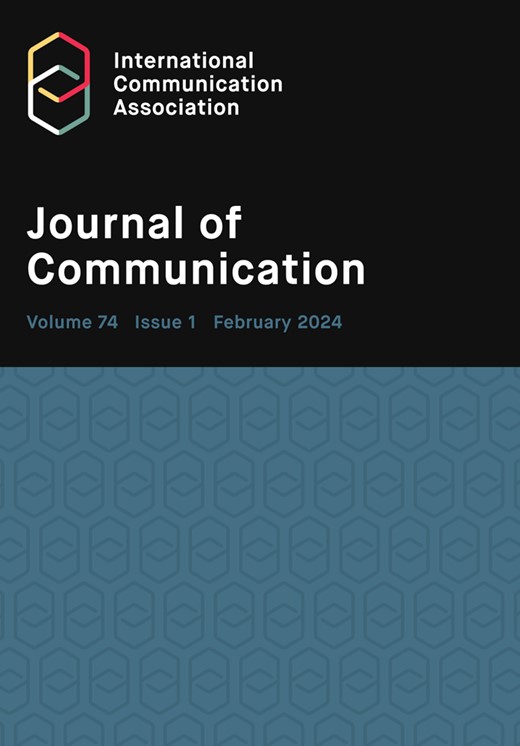员工申诉管理对组织绩效的影响
IF 6.1
1区 文学
Q1 COMMUNICATION
引用次数: 0
摘要
目的:本文研究了员工申诉管理对组织绩效的影响。本文从现有文献的概念观点出发,认为员工申诉与组织绩效这两个变量之间存在系数关系;因此,有效的员工申诉管理对于和谐的工作场所关系、团队精神、员工忠诚度和承诺以及提高组织生产力和绩效至关重要。面对这种必要性,组织中仍然存在相对缺乏员工申诉管理或员工申诉管理不善的情况,从而导致组织的负面结果,如生产率降低、旷工、违反命令、纪律涣散和工作质量下降。因此,本研究旨在说明员工申诉如何直接影响绩效。研究方法:为此,本研究使用二手数据进行设计,按照内容分析模型进行分析,并以拉希姆和博诺玛的申诉管理模型为理论基础。分析以两个研究目标和研究问题为基础,旨在检验重复出现的假设。研究结果:根据研究结果,本研究得出结论,有效的员工申诉管理对于有效和谐的管理-劳动关系至关重要,有助于提高组织绩效。建议:除其他外,建议应通过专门为此目的设计的机构来例行处理申诉,以大幅减少员工在工作场所的申诉。本文章由计算机程序翻译,如有差异,请以英文原文为准。
Impact of Employee Grievance Management on Organizational Performance
Purpose: This paper examined the impact of employees' grievance management on organizational performance. The paper derives from conceptual points of view in available literatures that there is a coefficient relationship between the variables: employees' grievances, and organizational performance; hence, effective management of employee grievance is essential for harmonious workplace relationship, team spirit, employees' loyalty and commitment, as well as improved organizational productivity and performance. In the face of this necessity, there is still a relative lack of, or poor employee grievance management in organizations thereby giving rise to negative organizational outcomes such as reduced productivity, absenteeism, violation of orders, indiscipline and reduced quality of work. The study thus aims to show how employees' grievances directly impact on performance.
Methodology: In doing this, the study is designed using secondary data, analyzed in line with content analysis model and developed on the theoretical foundation of Rahim and Bonoma’s grievance management model. The analysis is anchored on two research objectives and research questions, developed to test recurrent hypotheses.
Findings: From the findings, the study concludes that effective employee grievance management is vital for effective harmonious management-labour relationship which helps to enhance organizational performance.
Recommendations: It is recommended among others that grievances should be handled routinely through set-up structures designed exclusively for that purpose in order to drastically reduce employees' grievances in the workplace.
求助全文
通过发布文献求助,成功后即可免费获取论文全文。
去求助
来源期刊

Journal of Communication
COMMUNICATION-
CiteScore
11.60
自引率
5.10%
发文量
41
期刊介绍:
The Journal of Communication, the flagship journal of the International Communication Association, is a vital publication for communication specialists and policymakers alike. Focusing on communication research, practice, policy, and theory, it delivers the latest and most significant findings in communication studies. The journal also includes an extensive book review section and symposia of selected studies on current issues. JoC publishes top-quality scholarship on all aspects of communication, with a particular interest in research that transcends disciplinary and sub-field boundaries.
 求助内容:
求助内容: 应助结果提醒方式:
应助结果提醒方式:


